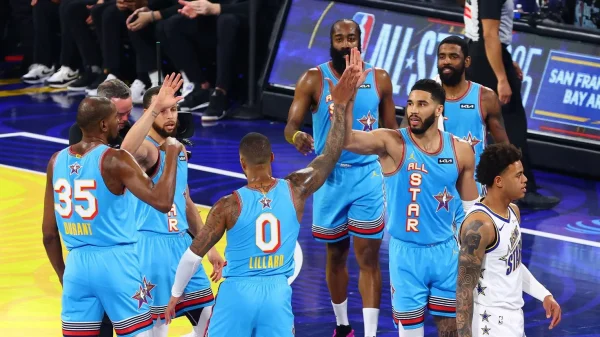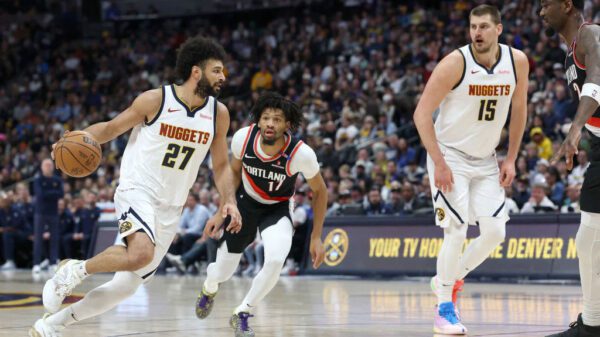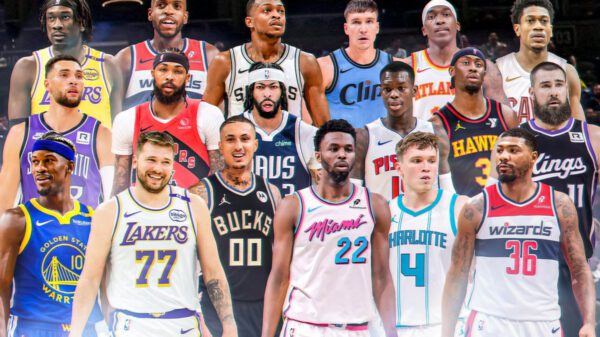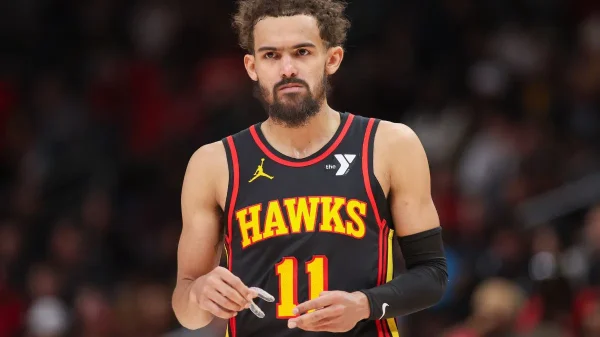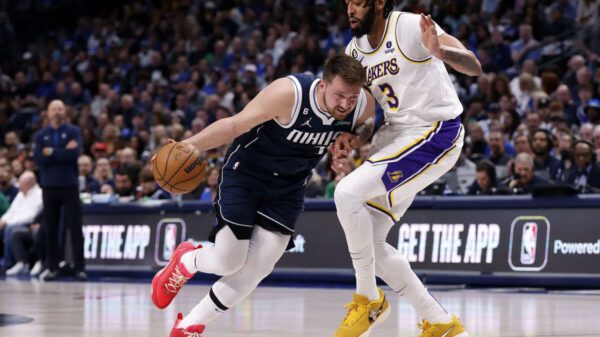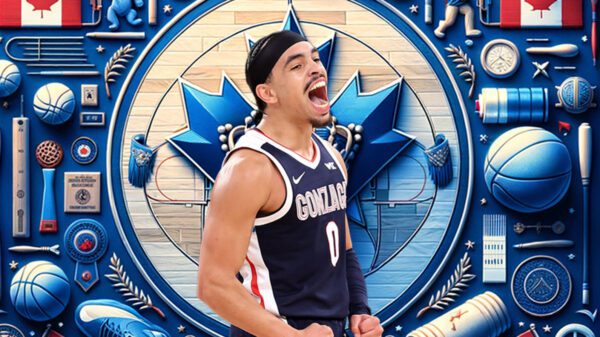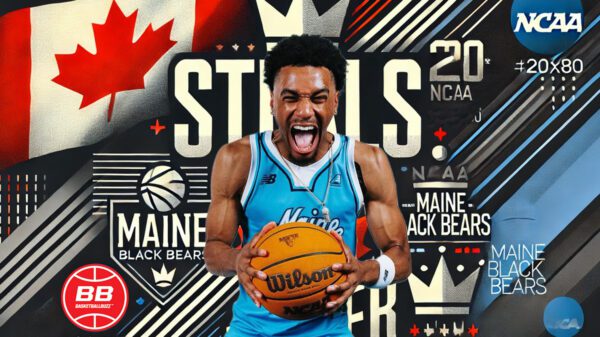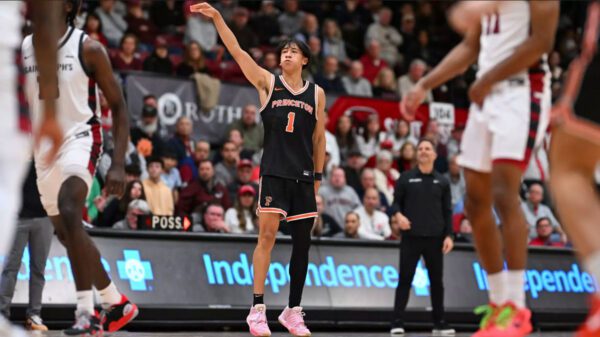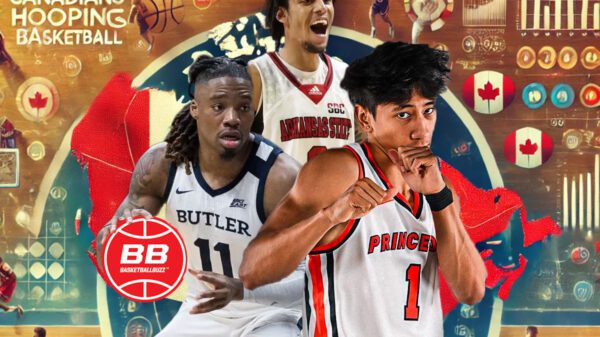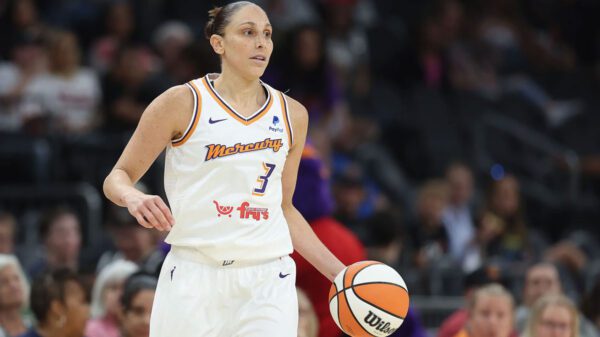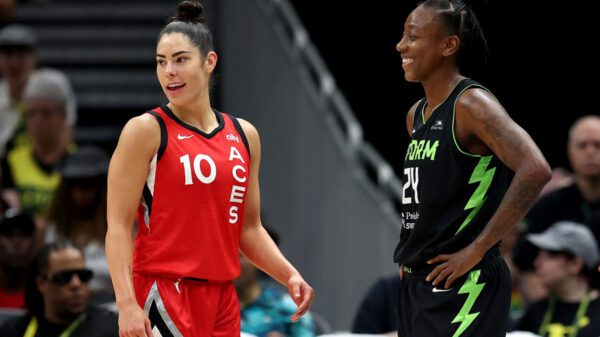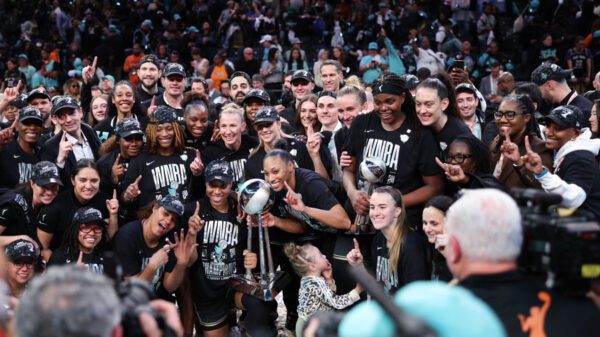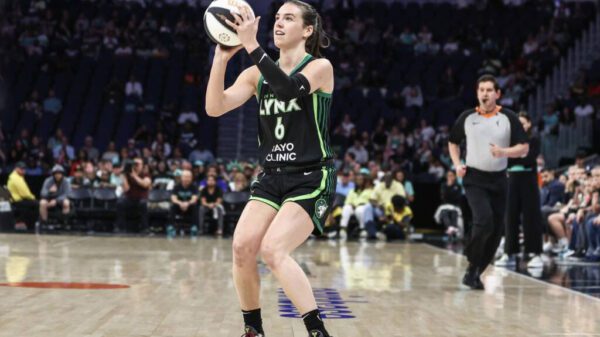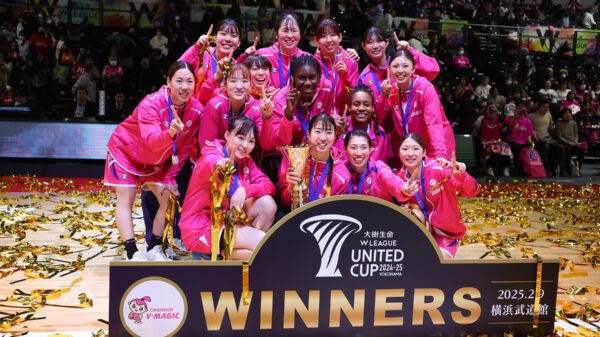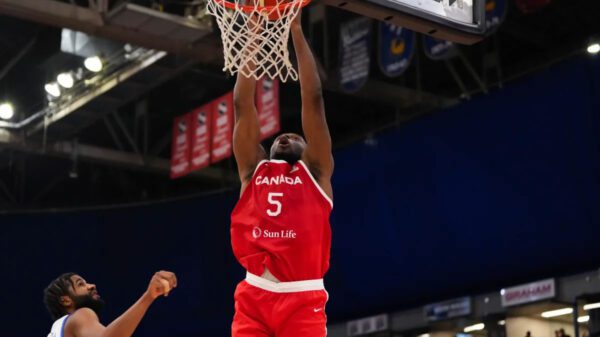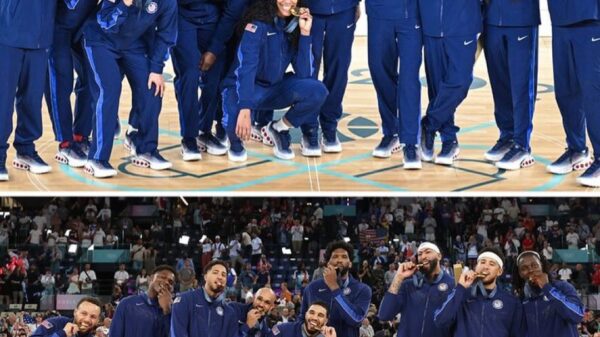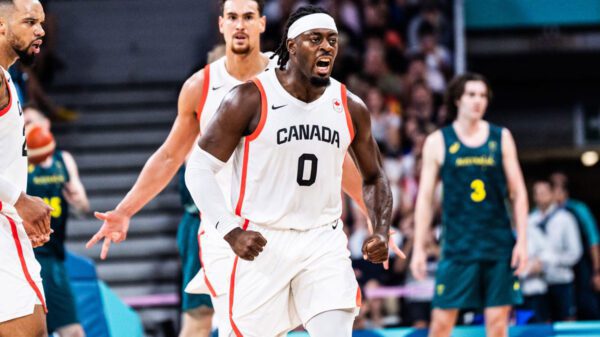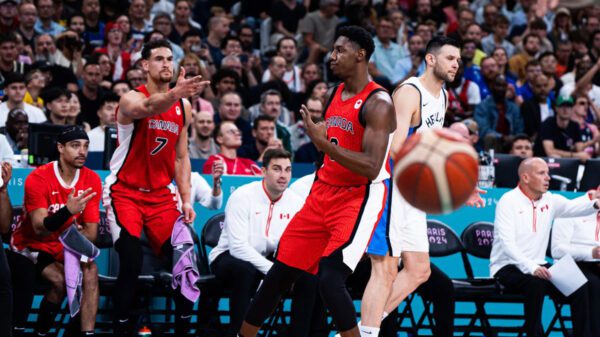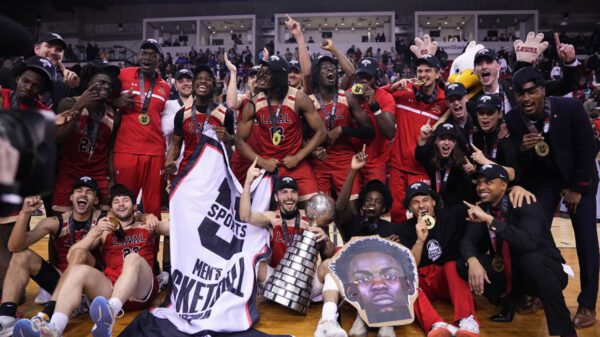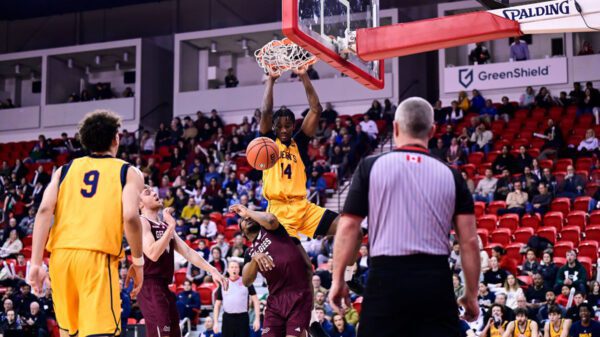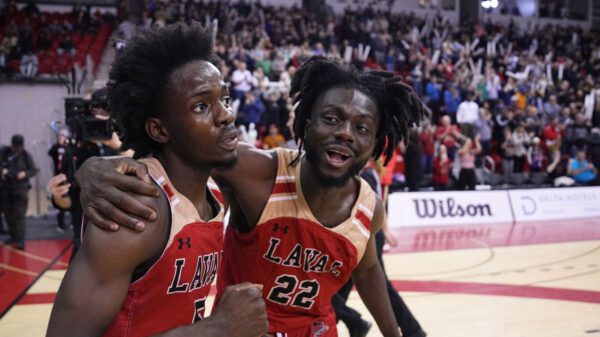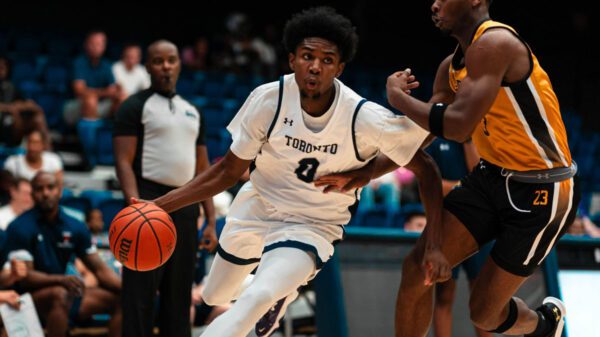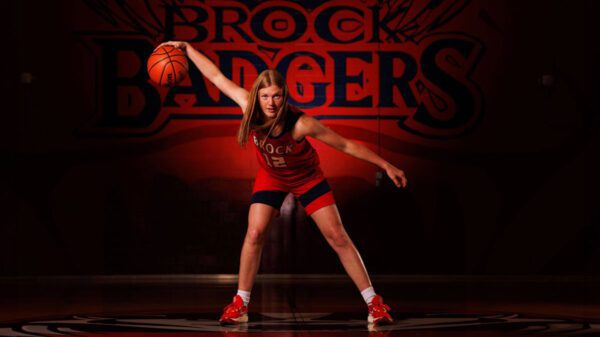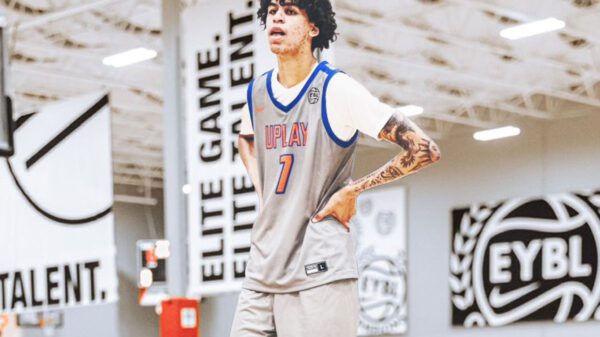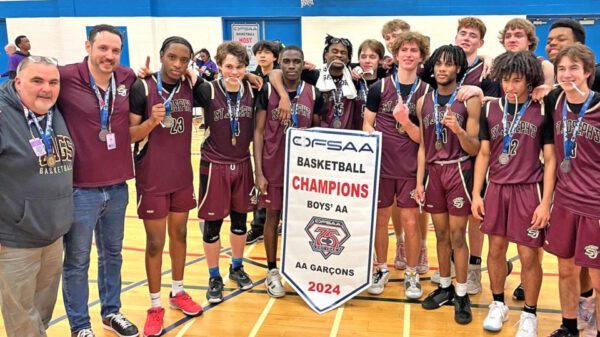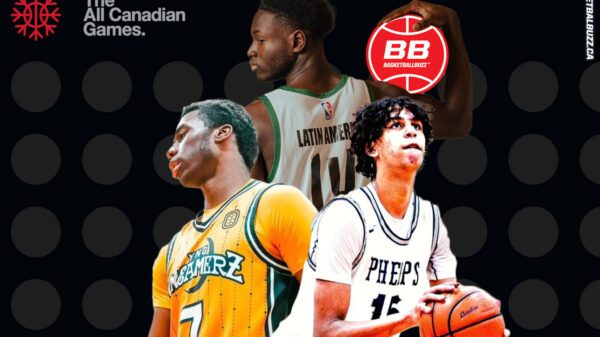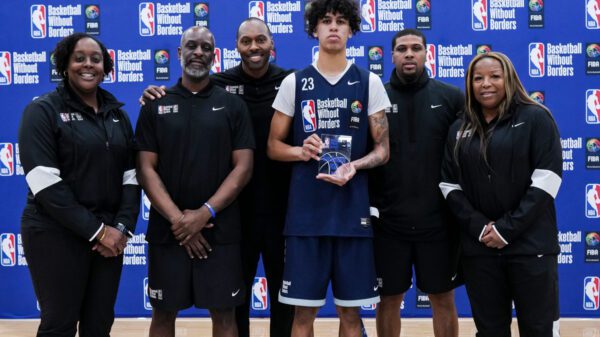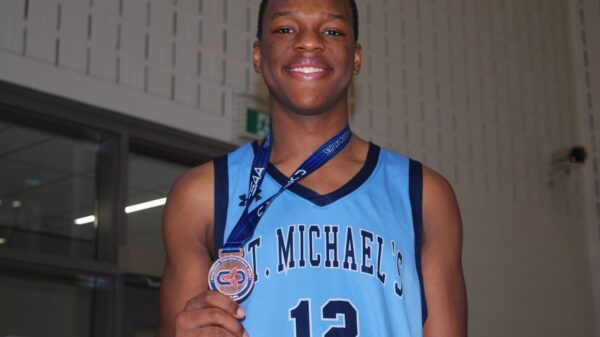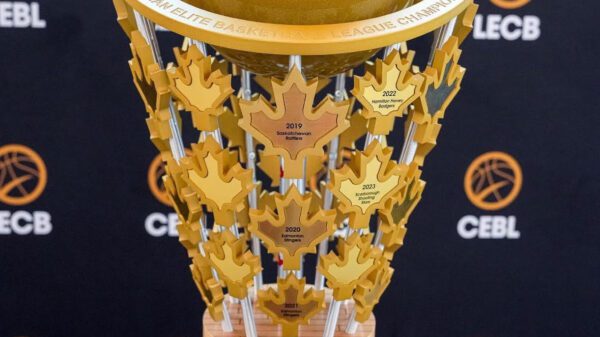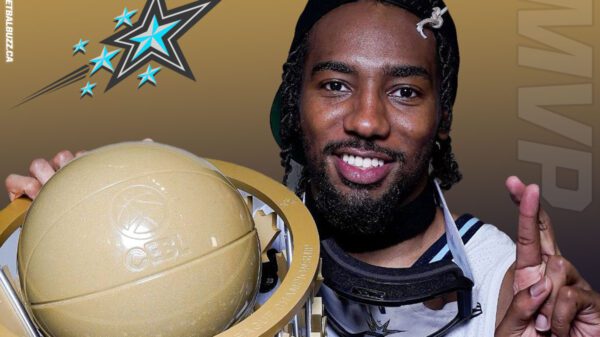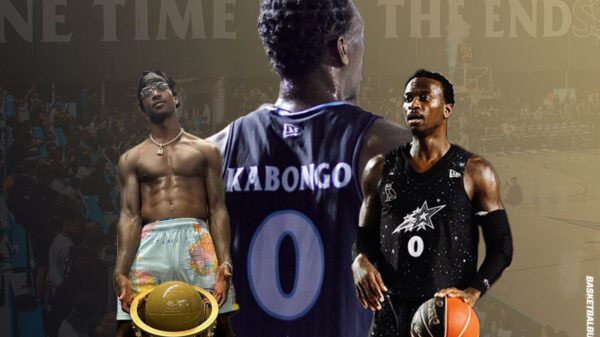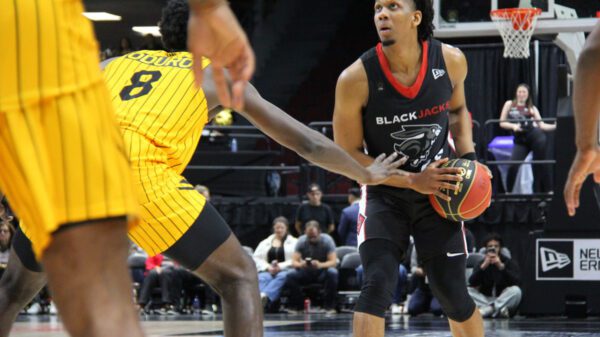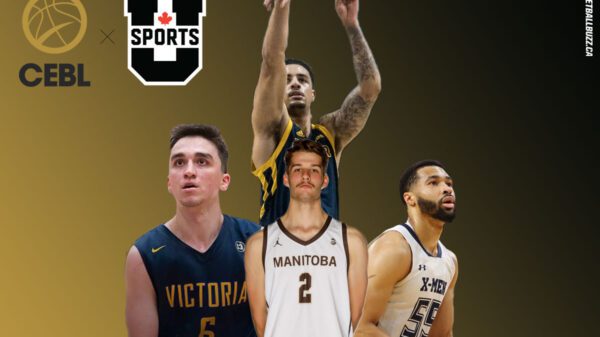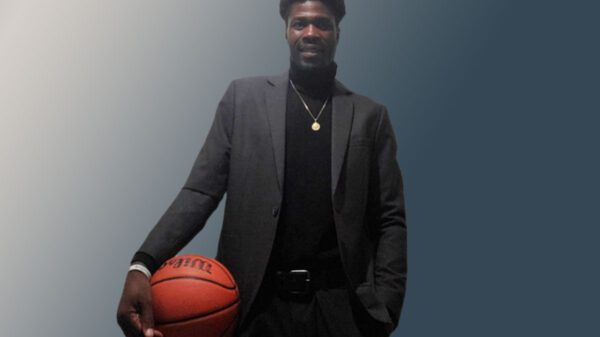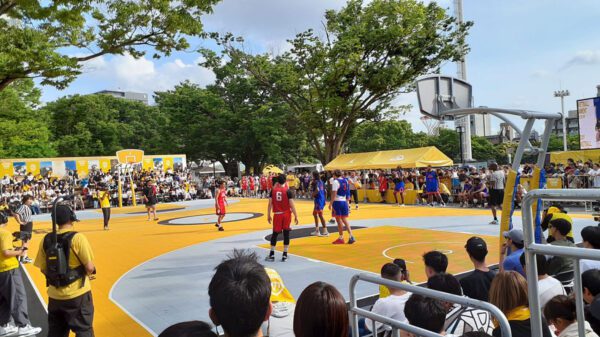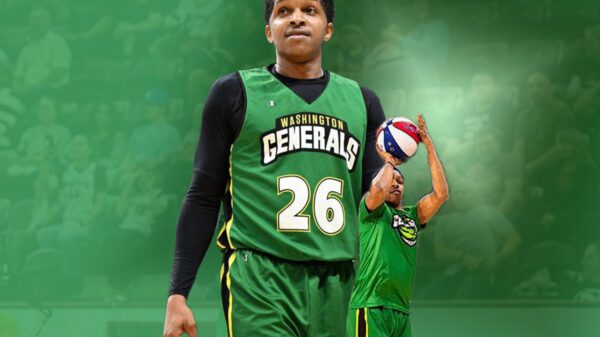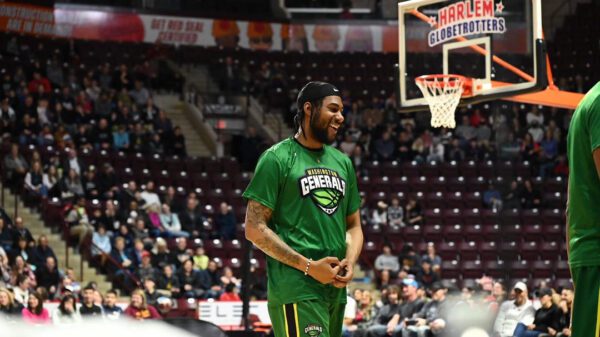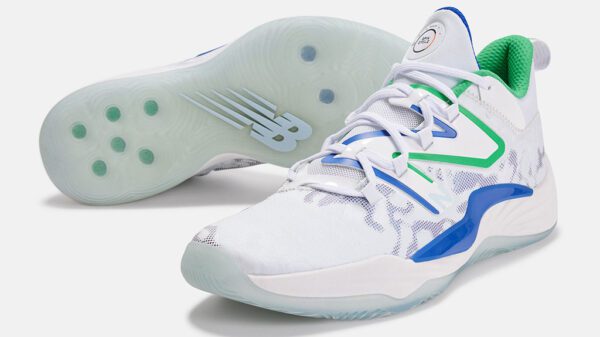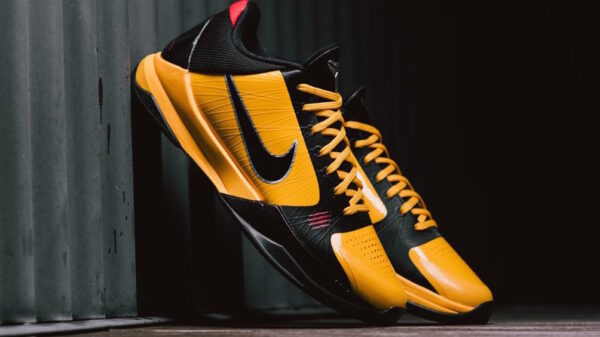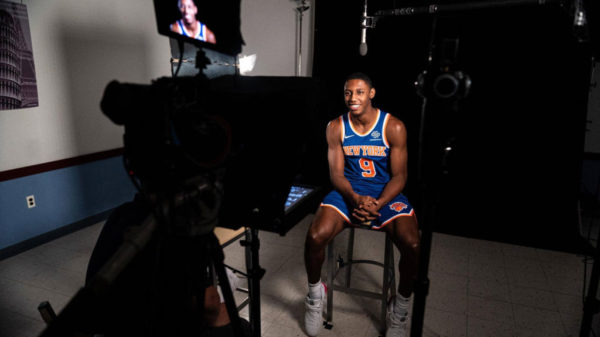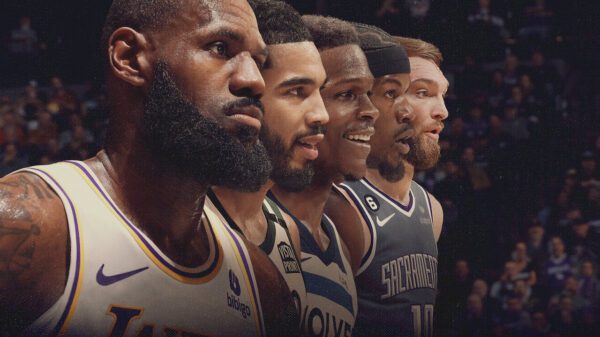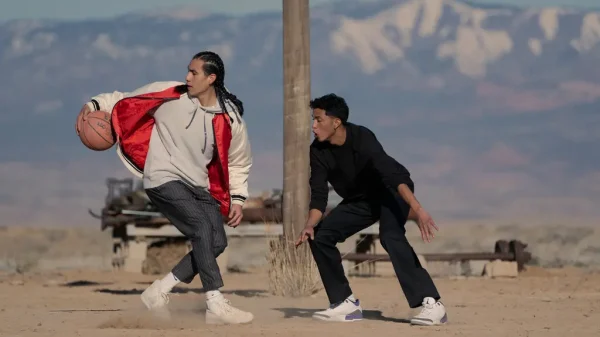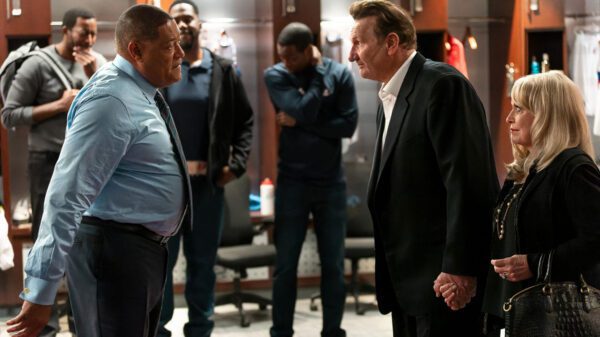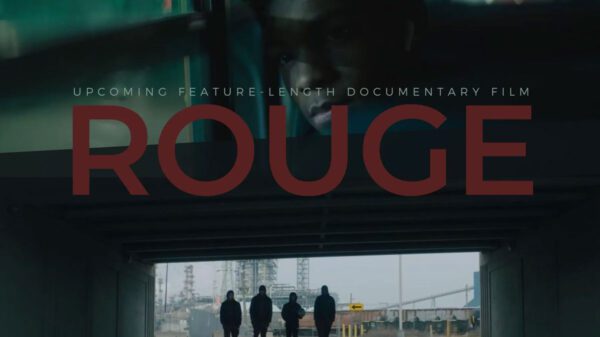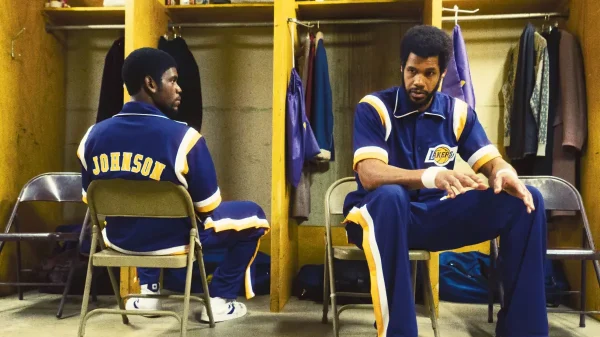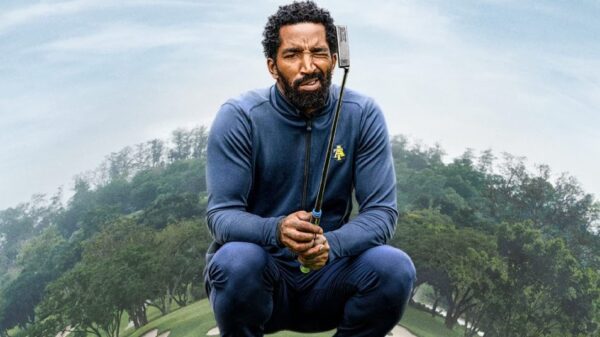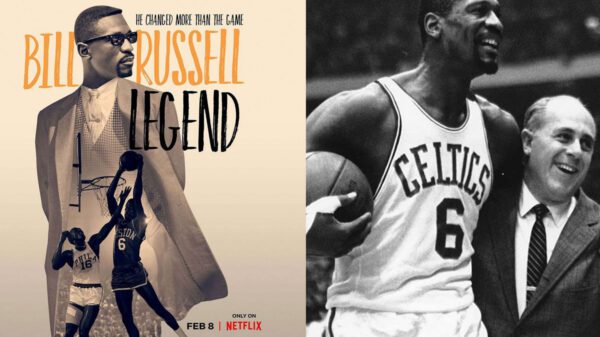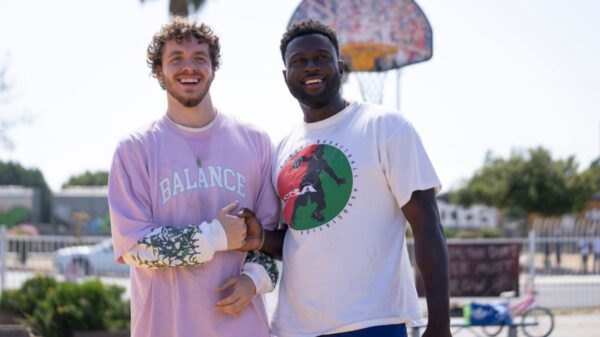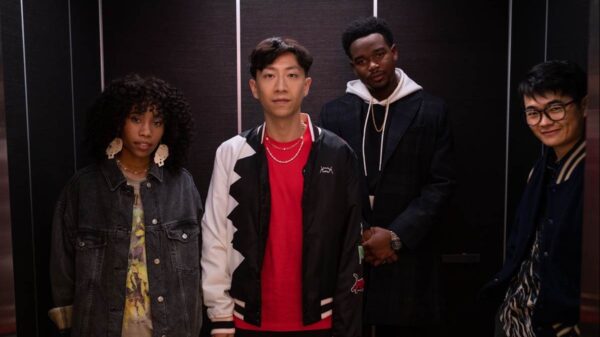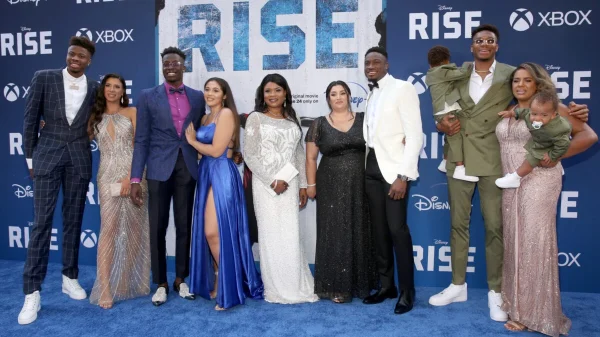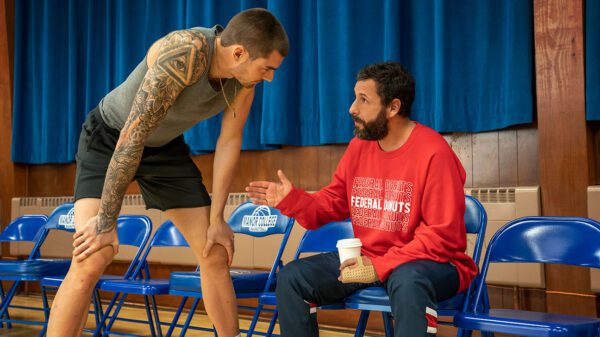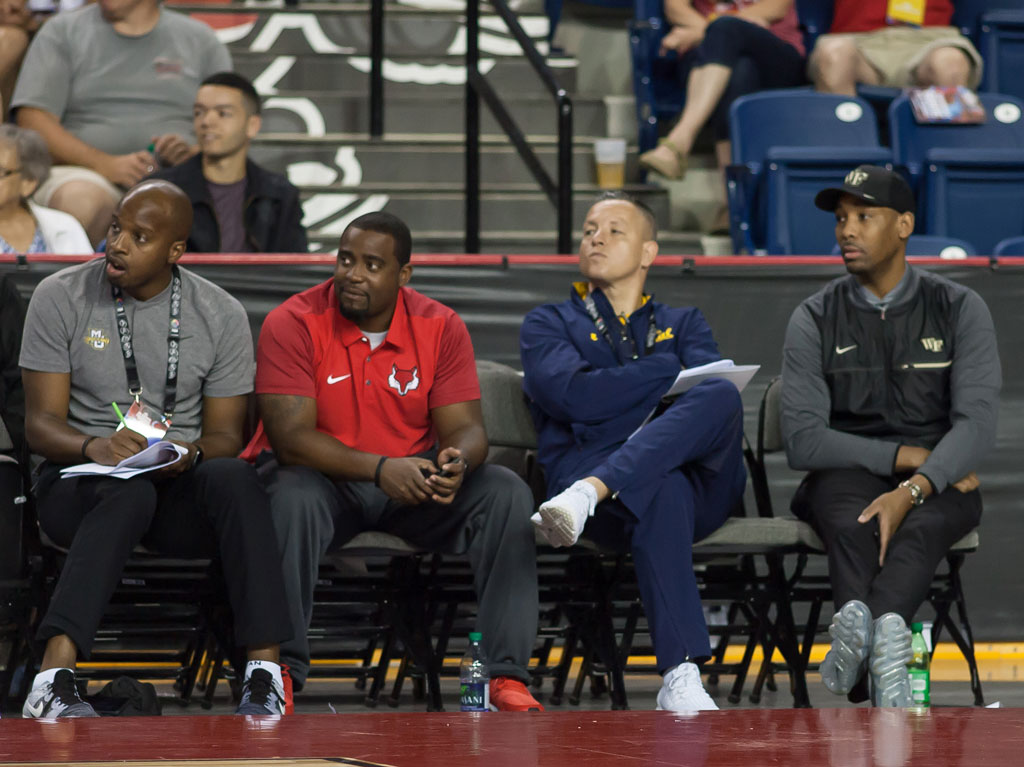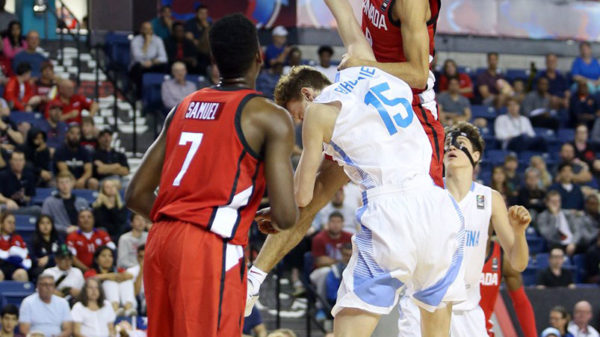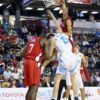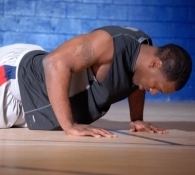St. Catharines, Canada: After the first day of the preliminary round at the FIBA U18 America’s Championships a hastily worded media advisory was circulated to all accredited media. It cautioned media that “player only” areas within the Meridian Center in St. Catharines had been infiltrated by media and scouts. Given that the scouts outnumbered the media one can only conclude that the perpetrators were not representing the fourth estate. Extra security was posted and tunnels were closed off to give tournament players and coaches some breathing room. 63 scouts had registered for the event with 34 representing American schools and 29 from the NBA.
College coaches, expert recruiters of young basketball talent, came draped in their own irony. They were nattily attired in logo infested ball caps, polos, tack suits and other colorful clothing items that invades the landscapes of most campuses. Coaches and Assistant Coaches could be seen scattered in clusters throughout the 5,000 seat arena. There was nothing subtle about their presence yet their availability for media requests drew a code of silence. Hall of Famers inducted into the Naismith Hall of Fame mixed in with future Hall of Famers. Behind the baseline games were taking on the life of an exclusive country club while battling an endless list of NCAA do’s and don’ts. Recruiters were walking billboards advertising one of America’s biggest one sided sporting debates. “Is college basketball a business?”
For Marist College Assistant Coach Serge Clement the tournament was an opportunity for him to stop in to see the progress of Red Foxes new recruit Matthew Harasme. The slick guard was representing the talent rich but underachieving Dominicans. Harasme, a 6’3” New York City kid, had recently signed a letter of intent with Marist. It was the hope of Coach Clement that the infusion of talented players like Harasme would resurrect the Red Foxes basketball program, a D1 outfit that occupied the cellar of the MAAC (Metro Atlantic Athletic Conference) last season. Clement had his eyes wide open describing the talent pool at the FIBA event as being “tremendous.” You could sense he was there to see one recruit but could easily have been smitten by others.
“We are looking for anyone who can help Marist get to the next level in terms of play, so it could be a guard or a big,” announced Clement.
But interaction between scouts and players is limited by NCAA rules. In their senior year of eligibility high school players can only be contacted a maximum of seven times by recruiters.A friendly nod from afar while dressed in logo emblazoned clothes doesn’t seem to count. Using a friendly journalist to get the message across to a player may be a strategy worthy of detouring the NCAA rule book. Even meeting up in a hallway away from prying eyes to plant a seed with a player is a sound tactical maneuver. Much like a sharp backdoor cut.
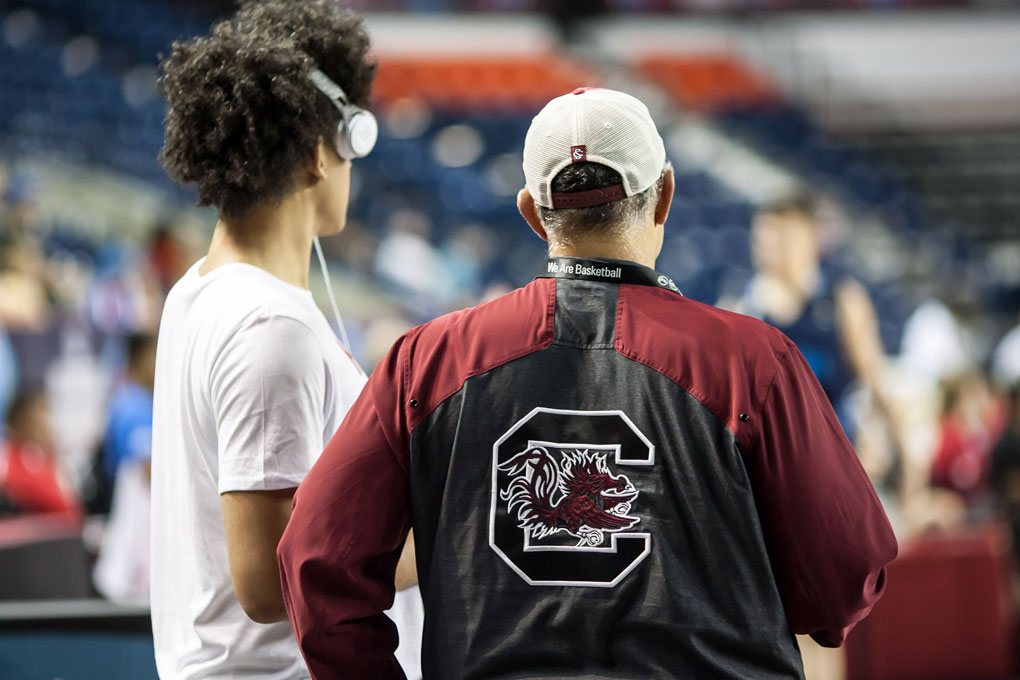
For University of South Carolina Head Coach Frank Martin the tournament gave him the opportunity to watch two high level USC recruits participating against each other in the international arena. Martin, who was dressed head to toe in Gamecocks’ gear stood out like an oversized garnet and black cheerleader. Even patrons in the private boxes near the rafters knew that USC was in the house. New Gamecock Alanzo Frink of the Dominican Republic and American International Josiah James are the centerpieces of Martin’s 2018 recruiting class. Frink, a mountain of a man at 6’7” in height and weighing 260 pounds is a tough post player with a daft outside shot to appease requirements of the modern game. Basketball analyst Fran Fraschilla described the Dominican big man as: “a classic wide body, he’s a human Humvee but stronger.” American James shone bright throughout the tournament proving his worth as a relentless defender and slicing offensive threat.
While some Assistant Coaches appeared to be taking copious notes others seemed satisfied with the banter among their brethren. For them to share an opinion outside their tried and tested circles or give a hypothetical opinion was a lesson in futility. One Big 10 Assistant Coach even proclaimed that: “I’m not sure if I’m really supposed to be here.” But he was certainly fixated on Minnesota native Matthew Hurt on Team USA who’s older brother is a Golden Gopher.
But for Michigan coach John Beilein (3.37 Million salary annually) and Cincinnati Bearcat Head Coach Mick Cronin ($2.2 million salary annually) their larger than life presence was felt despite NCAA officials circulating among the masses. It didn’t stop the two coaches from making a mad dash to the scorer’s table and press row to ask for a donation of box scores.
University of Kansas Head Coach Bill Self , who took on the dual role of American headmaster during this competition, was able to test drive his two new recruits before they are exposed to the iconic pressure cooker known as the Phog Allen Fieldhouse.
Giovanni Santiago, the talented Puerto Rican guard who calls Cincinnati home, was able to showcase his talents to a wider range of assessors and he left the tournament with an impressive offer from the University of Alabama at Birmingham. He was not alone by leaving the tournament with offers to extend his basketball careers.
While the Meridian Centre in St. Catharine’s now lies dormant for the summer, attracting the occasional summer concert, the small army of college recruiters who called it a temporary home have scattered across North America to uncover a gem or two at AAU Live weekends. All with their endless college swag, advertising who they represented, packed into suitcases. Along their journey they hope to master the skill of massaging the NCAA’s endless rules around protecting the sanctity of student athletes. This unique job requirement is no exercise for the faint of heart.


